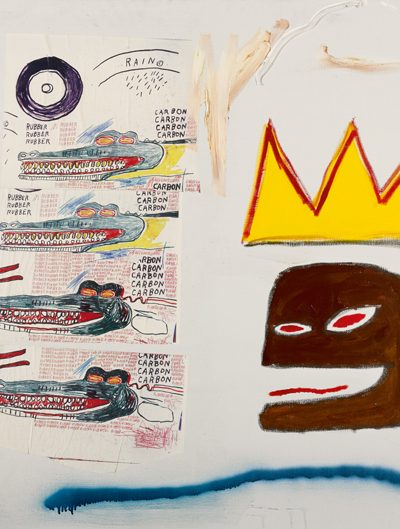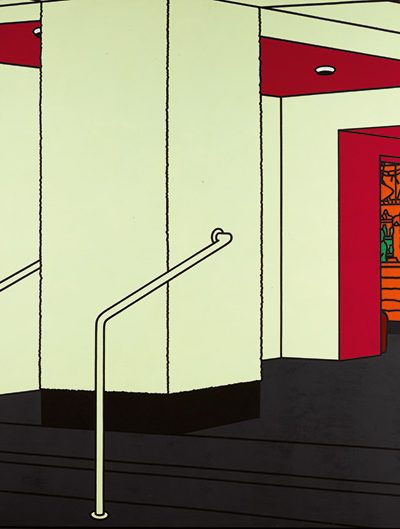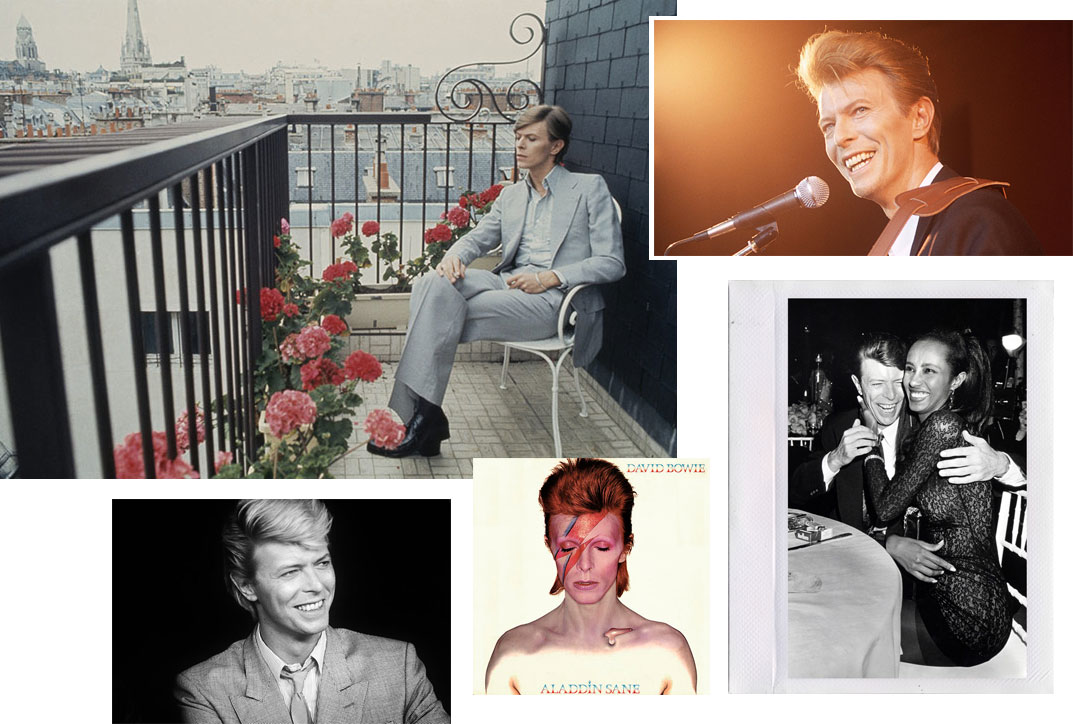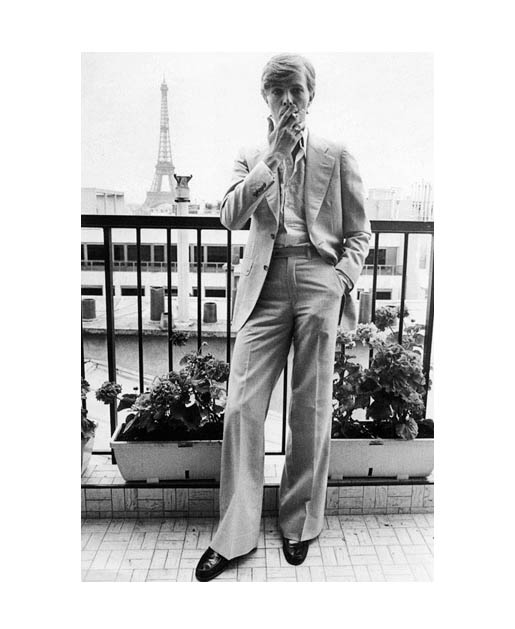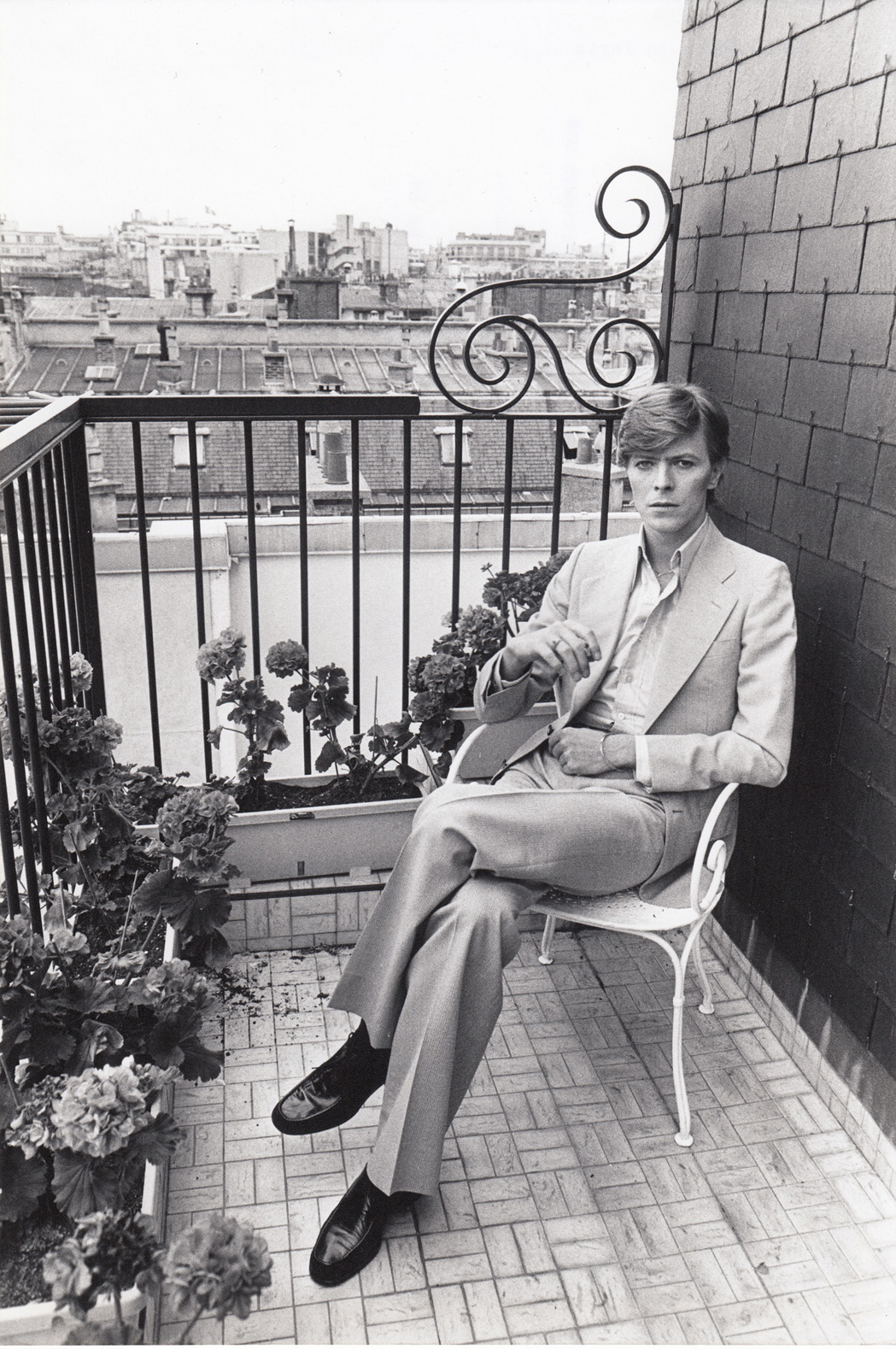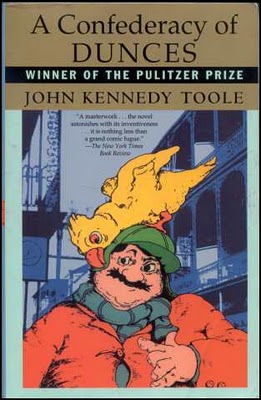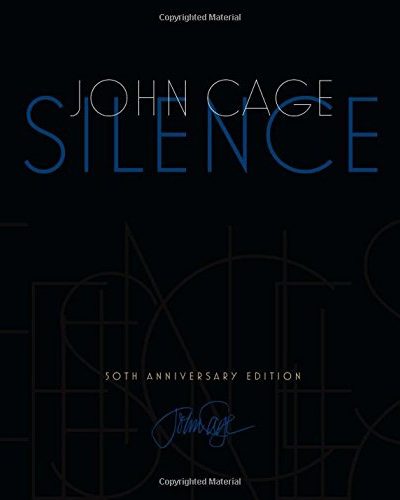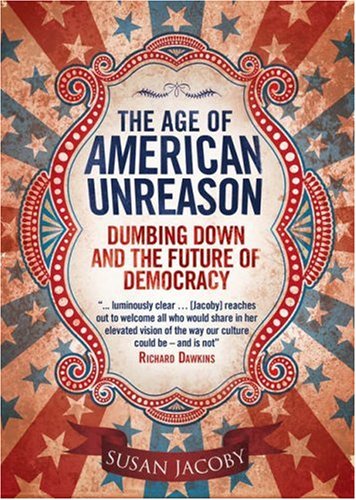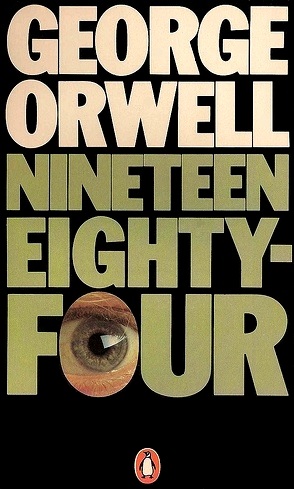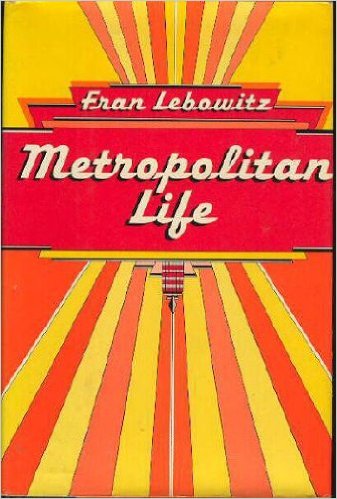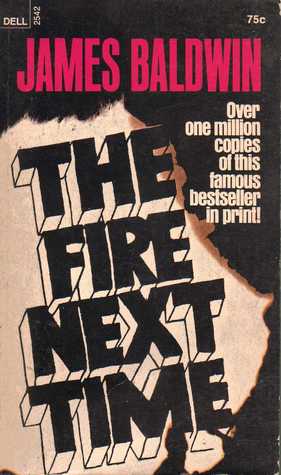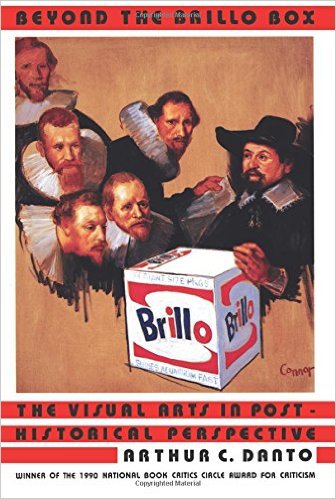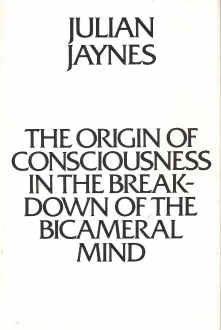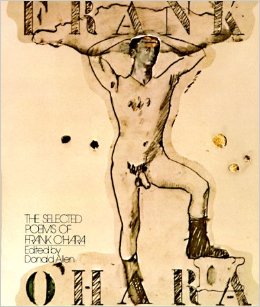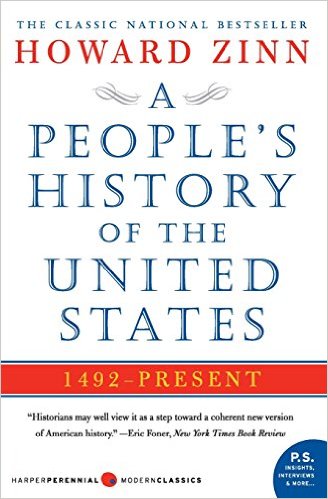The Philosopher David Hume said “We are nothing but a bundle or collection of different perceptions, which succeed each other with inconceivable rapidity, and are in perpetual flux and movement.” What Hume was referring to was that our concept of self is really nothing more than an illusion of perceptions and memories in a seemingly continuous narrative.
From this philosophical perspective, what we choose to consume from television, music, art and film–in many ways–influences our notions of who we are, the ideas we have, and our levels of creativity.
Many successful, creative people are avid readers, voracious consumers of music, film buffs and art collectors.
In this new series we will be looking at what books, music and films have influenced successful artists, musicians, actors, directors and authors.
If you are, perhaps, searching for creative inspiration or looking to explore new ideas, we hope this series will act as a jumping off point for some new discoveries. —P.F.M.
There isn’t a better place to begin a series about influences than to look at David Bowie, who himself, may arguably have been the most influential pop artist ever. In his fifty-year career, he constantly experimented, innovated, reinvented and shifted subverting genres and styles. Bowie was a massive collector of art, books and records. In the first instalment of this series, we will look at a collection of the things that helped shape David Bowie.
David Bowie’s record collection: In 2003, Bowie revealed to Vanity Fair his 25 most life-changing albums from his collection of 2500 LP’s
“If you can possibly get your hands on any of these, I guarantee you evenings of listening pleasure, and you will encourage a new high-minded circle of friends, although one or two choices will lead some of your old pals to think you completely barmy. So, without chronology, genre, or reason, herewith, in no particular order, 25 albums that could change your reputation.” –David Bowie
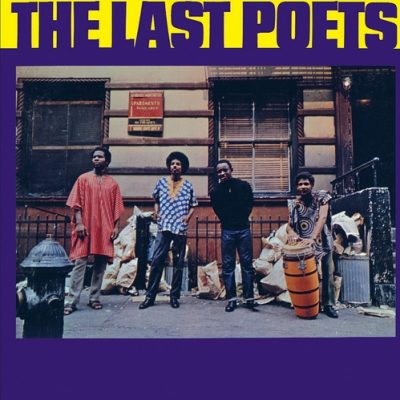
The Last Poets [VINYL] – The Last Poets
If rap could be traced to one logical source point, this exceptional piece of vinyl would be it, without question. Though the strict adherence to syncopated rhythms and standard song structures are absent, all the elements that would later become the hallmarks of hip-hop by the early 1980s
Read the rest of this review at All Music

Robert Wyatt – Shipbuilding [Vinyl Schallplatte]
The blend of subtle lyrics and extraordinary music makes this a political song like no other. It transcends the particular circumstances of its writing: the Falklands War and the decline of British heavy industry, especially ship-building.
Read the rest of this review at the BBC
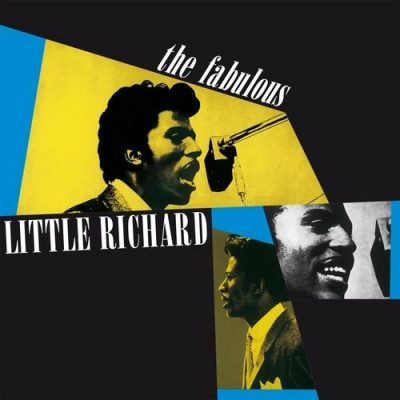
Little Richard – The Fabulous Little Richard
One of the original rock & roll greats, Little Richard merged the fire of gospel with New Orleans R&B, pounding the piano and wailing with gleeful abandon. While numerous other R&B greats of the early ’50s had been moving in a similar direction, none of them matched the sheer electricity of Richard’s vocals.
Read the rest of this review at Sputnik Music
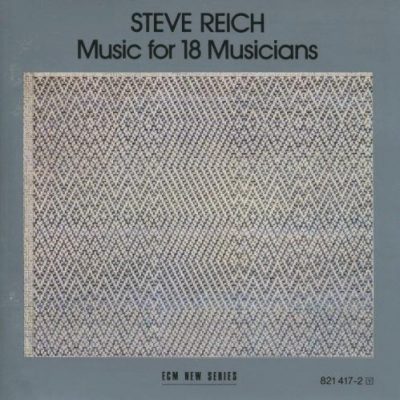
Steve Reich – Music for 18 Musicians
There was a time when Steve Reich had few champions. Now he wins the Pulitzer Prize, collaborates with Jonny Greenwood, and on various anniversaries of the composer’s birth, concert halls the world over schedule celebrations of his catalog.
Read the rest of this review at Pitchfork
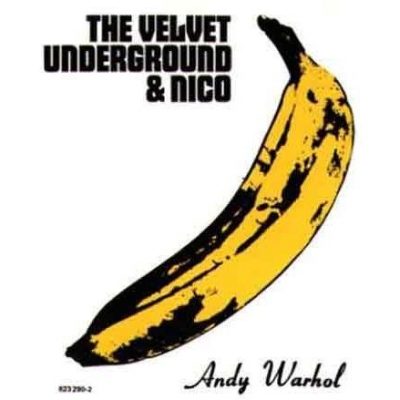
The Velvet Underground – The Velvet Underground & Nico
Brian Eno once stated that, despite hardly anyone buying this album on its release, everyone that did buy it seemed to have formed a band. Ladies and gentlemen, we are talking about one of the three most influential albums of all time.
Read the rest of this review at the BBC
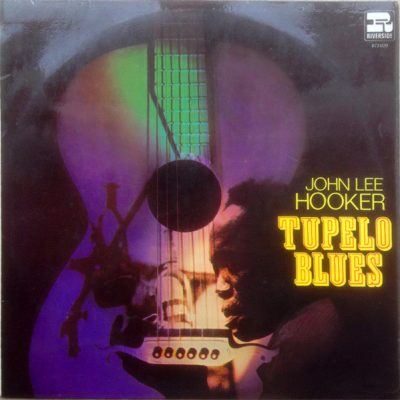
John Lee Hooker – Tupelo Blues
“The Hook” was a Mississippi native who became the top gent on the Detroit blues circuit in the years following World War II. The seeds for his eerily mournful guitar sound were planted by his stepfather, Will Moore, while Hooker was in his teens. Hooker had been singing spirituals before that, but the blues took hold and simply wouldn’t let go.
Read the rest of this review at Tidal
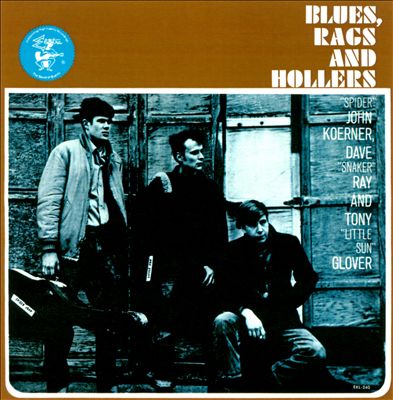
Koerner, Ray And Glover – Blues, Rags & Hollers
An unlikely trio of white blues players from Minneapolis, John Koerner, David Ray, and Tony Gloverreleased Blues, Rags & Hollers on the independent Audiophile Records in 1963, and the album was quickly picked up by Elektra, which trimmed off a couple of tracks and re-released it that same year under the same title.
Read the rest of this review at All Music
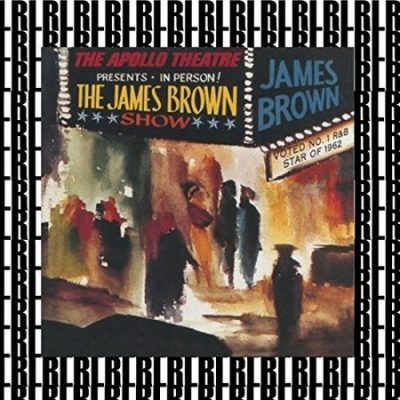
James Brown – The Apollo Theatre Presents – In Person! The James Brown Show
Before the unfortunate incarcerations, before the career reviving appearance in Rocky IV, and before the endless slate of chart topping funk hits there was simply the man and his band.
Read the rest of this review at Popmatters
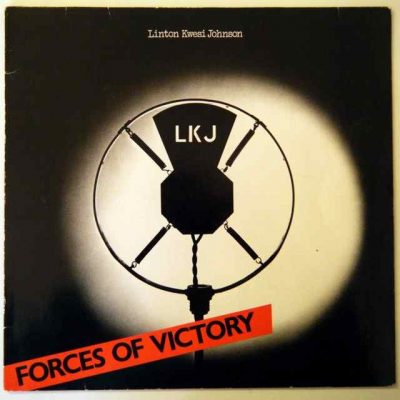
Linton Kwesi Johnson – Forces Of Victory
Having exploded onto the UK scene in 1978 with the dark, angry masterpiece, Dread Beat & Blood, Brixton Dub Poet Linton Kwesi Johnson returned the following year with second album, Forces Of Victory. Calling, again, on the talents of the Dennis Bovell Band, this was a calmer, more measured work, packed with both wry observation and political conviction.
Read the rest of this review at the BBC
In 2013, the museum director, Geoffrey Marsh, curated David Bowie Is — an art exhibition for The Art Gallery of Ontario, containing over 300 items from Bowie’s personal archive. In this archive was a list of 100 of Bowie’s favourite books. This list of books provides a fascinating glimpse into the artist’s psyche. Below is a small selection from this list of 100 books — you can view the full list at The Guardian
David Bowie was a longterm patron of the arts community. After his death, part of his collection went to auction at Sotheby’s, fetching 33 million pounds, showing him to be a shrewd investor. Below is a selection of some of the pieces in his collection. The full collection can be viewed at Sotheby’s

Jean-Michel Basquiat, Air Power, 1984.
In a 1996 issue of Modern Painters magazine, Bowie wrote of Jean-Michel Basquiat: “I feel the very moment of his brush or crayon touching the canvas. There is a burning immediacy to his ever evaporating decisions that fires the imagination ten or fifteen years on, as freshly molten as the day they were poured onto the canvas.” The Bowie-Basquiat connection is best known through the lens of Julian Schnabel’s 1996 film Basquiat, in which Bowie played the role of Andy Warhol, mentor and collaborator of the young artist. Air Power was acquired by Bowie the following year. “It comes as no surprise to learn that he [Basquiat] had a not-so-hidden ambition to be a rock musician,” wrote Bowie, “his work relates to rock in ways that very few other visual artists get near.”
Harold Gilman, Interior (Mrs Mounter), 1917.
Harold Gilman’s painting, an essay in stillness, appears, at first glance, to be anything but revolutionary. But in the context of British art in the early 20th century, it is, in its own quiet and covert way, very radical. This was a new kind of subject, a suburban lodger and part-time charlady, lost in thought in a nondescript room in an ordinary London house. For art to be modern, artists like Gilman demanded that it should be concerned with the everyday life of the city, with the peripheral and unseen, with the working classes. All of this must not have been lost on Bowie, a boy born in Brixton just after the Second World War, when much of London’s housing stock was still as it was in the early part of the century – grand Georgian houses subdivided into flats and bedsits with tall thin sash windows, linoleum floors and a stove for heat.
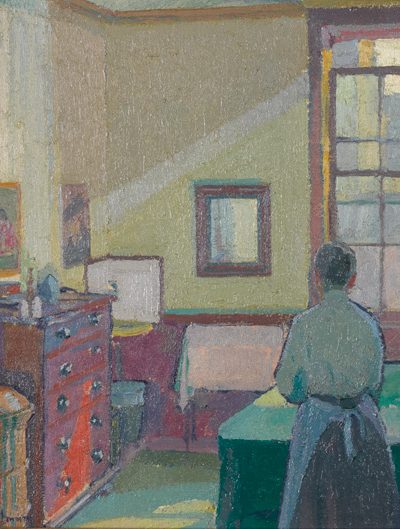
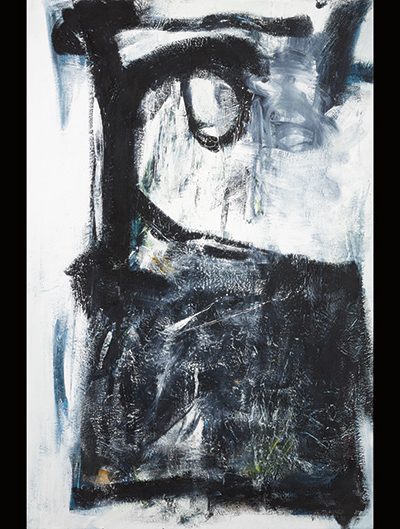
Peter Lanyon, Witness, 1961.
Witness is one of three works by Peter Lanyon that Bowie loaned to the artist’s retrospective at Tate St Ives in 2010. Lanyon painted Witness two years after he had first taken to the skies in a glider. This new activity allowed him to see the Cornish landscape from a radically different perspective and to bring bigger, more elemental forces into his painting, becoming “like the mountaineer who cannot see the clouds without feeling the lift inside them”. This is a painting of American scale and ambition, painted in a converted sail-loft in a small fishing town on the western-most tip of England.
Jean-Michel Basquiat, Untitled, 1984.
Untitled and Air Power were both acquired by David Bowie in 1995, the year before he played the iconic role of Andy Warhol in Julian Schnabel’s film Basquiat. Bowie would go on to show his admiration for the artist over the following years, first with an essay he wrote for Modern Painters in the spring of 1996, and in his 2001 essay for the anthology Writers On Artists. It is clear that Bowie felt a strong connection to the artist, stating “It comes as no surprise to learn that [Basquiat] had a not-so-hidden ambition to be a rock musician, his work relates to rock in ways that very few other visual artists get near.” (Modern Painters, 1996).
